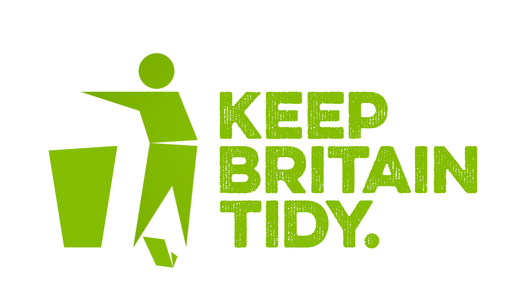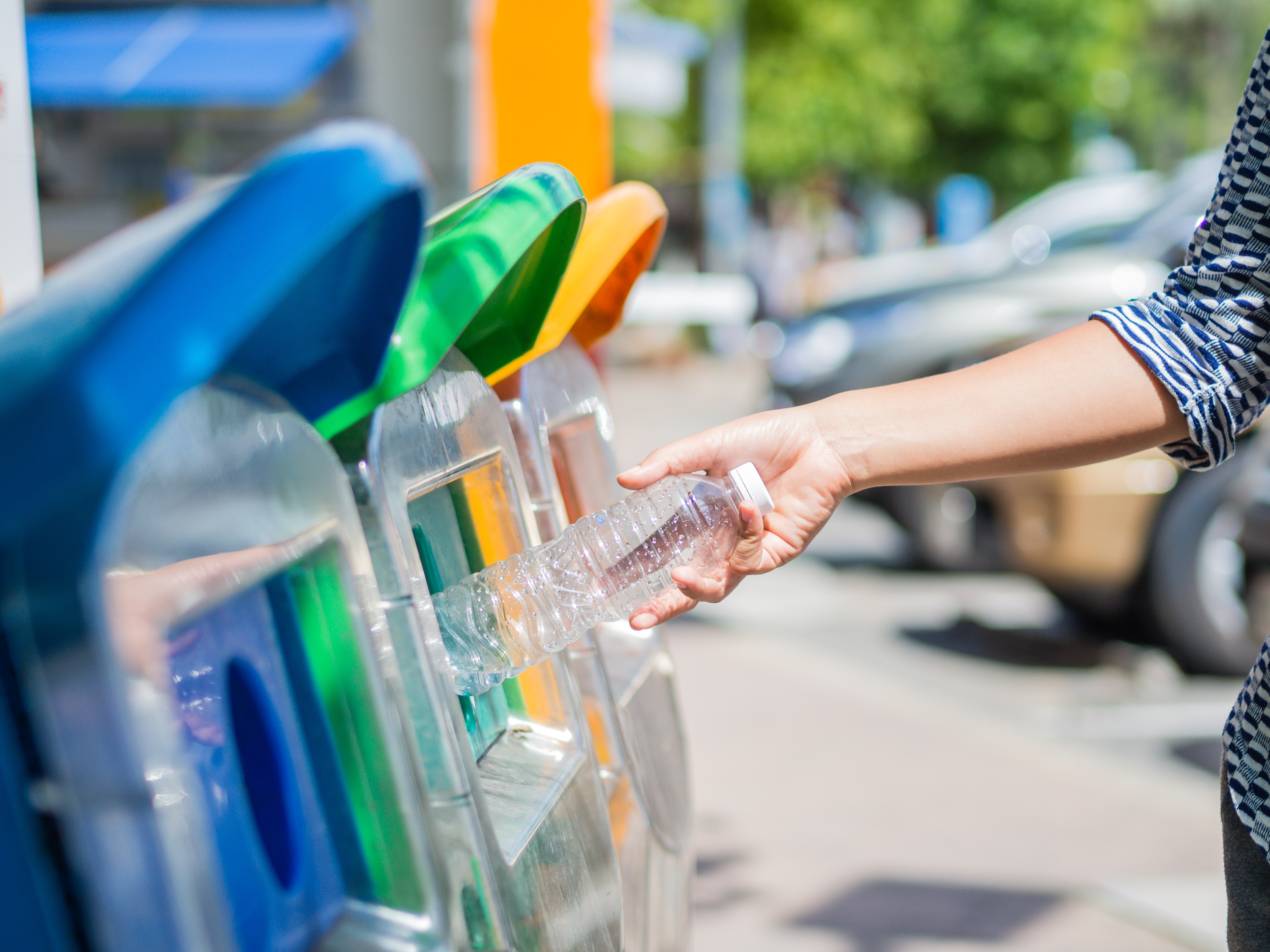The Need for a Deposit Return Scheme and Extended Producer Responsibility
As 2021 dawns, our thoughts are naturally consumed by the ongoing Covid-19 pandemic and the way in which our daily habits have changed beyond all recognition in the space of 12 months.
In responding to the crisis, we have seen our reliance on single-use plastics and packaging increase, with refill and re-use models being curtailed. This has, inevitably, led to increased littering, with regular reports about fast food and drink packaging. In addition, we have seen the arrival of a new phenomenon – litter PPE; thousands of single-use masks and gloves appearing on our streets, carelessly tossed aside and, ultimately, finding their way into watercourses and into our oceans.
This may paint a somewhat bleak and depressing picture but, despite that, there is still cause for optimism.
Defra is shortly planning to issue further consultations on two ground-breaking initiatives that, if designed correctly, will have a major impact on the packaging we use every day and the amount of that packaging that gets littered.
Firstly, plans for Extended Producer Responsibility (EPR) should see the companies that put the packaging out there incentivised to reduce the amount they create, increase their use of refillable and easily recyclable alternatives and also financially penalised for using non-recyclable packaging.
And, secondly, Defra will also be consulting on the proposed design for a Deposit Return Scheme (DRS) which will, when implemented, transform the way in which we collect and recycle our used drinks containers.
Estimates suggest that every day around 16 million plastic bottles don’t get recycled but instead end up littered or in landfill and Keep Britain Tidy’s National Litter Survey has demonstrated that, by volume, drinks containers make up 75% of the litter found on our streets.
It’s nothing short of a national disgrace that, each and every day, we are polluting our environment with the valuable and scarce plastic, aluminium and glass that we should in fact be capturing and re-using as valuable secondary material.
A well-designed deposit return scheme performs exactly this function and should, as a minimum, capture plastic, aluminium and glass containers of all sizes, with a deposit of at least 20p to drive behaviour change and a ‘return to retail’ model, making it as easy to return a container for recycling as it was to buy the drink in the first place.
Evidence from more than 40 other countries and regions around the world shows that these scheme work and suggest that, if we get it right, we should see collections rates for drink containers increase to well above 90%, producing clean material for recycling and preventing them from littering our streets and polluting our waterways and, ultimately, our oceans.
Currently, Defra has proposed that these measures (EPR and DRS) are introduced in 2023. Of course, the pandemic has wreaked havoc during 2020 and already there are suggestions that this timescale may slip. Yet as more authorities and organisations declare climate emergencies, as the impact of plastic pollution becomes ever more apparent and as the ongoing pandemic demonstrates – there is an urgent need to change our consumption models and modify our lifestyles.
If we are serious about getting to grips with these issues, then early action is vital and these crucial interventions must not be delayed.


